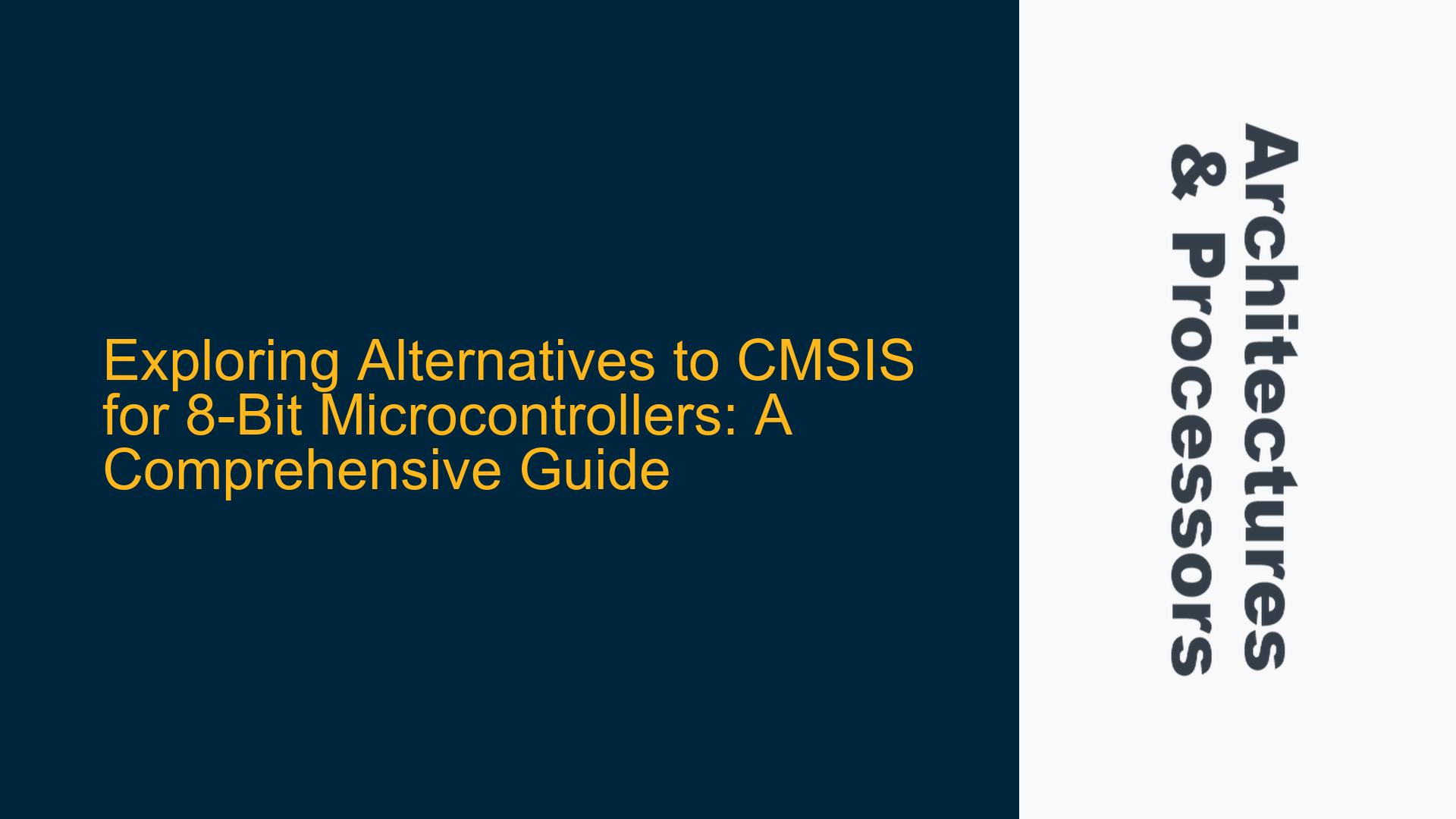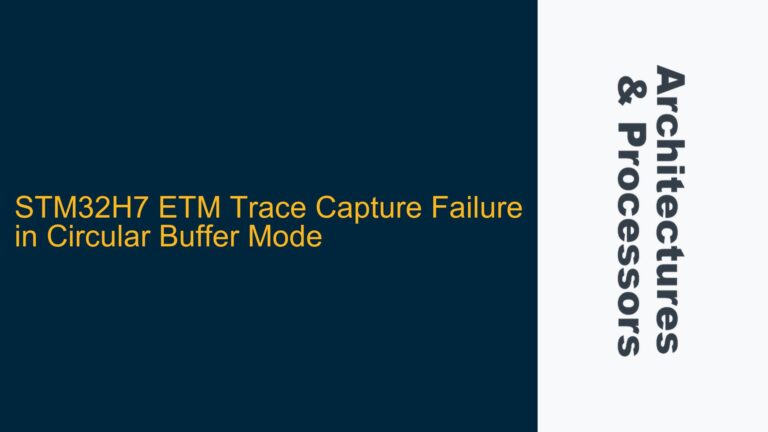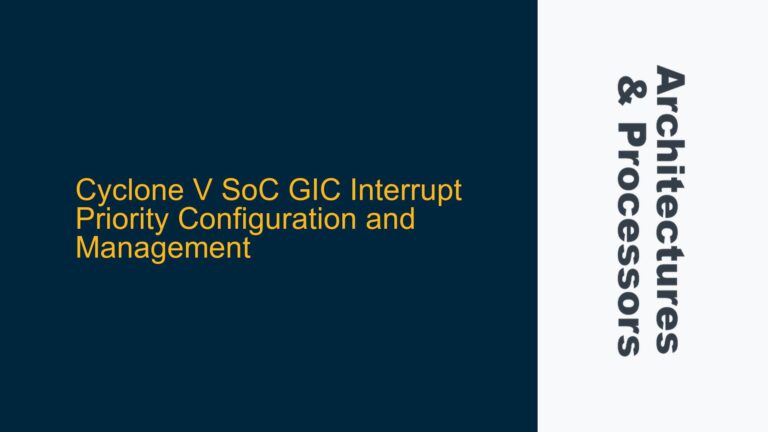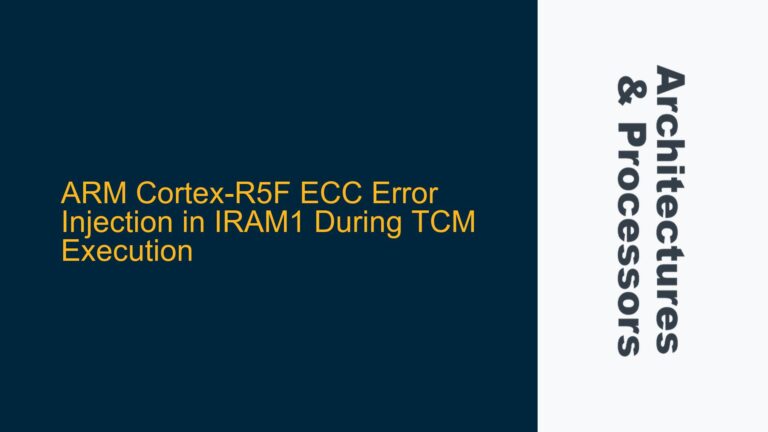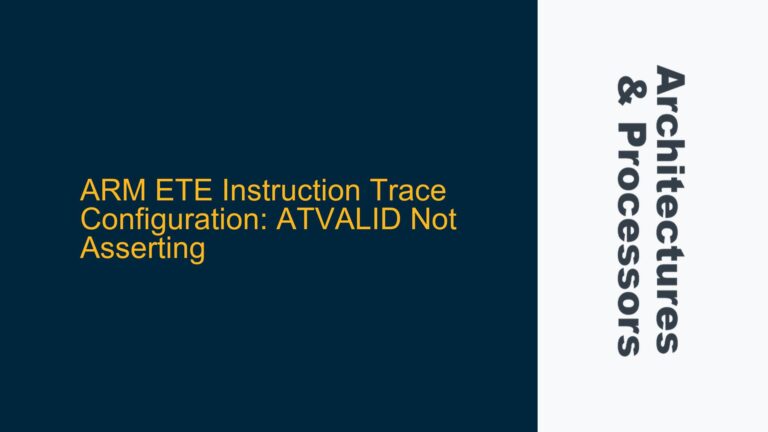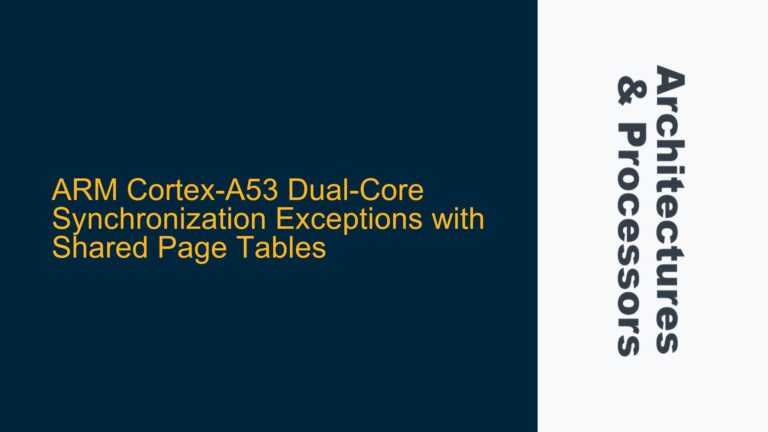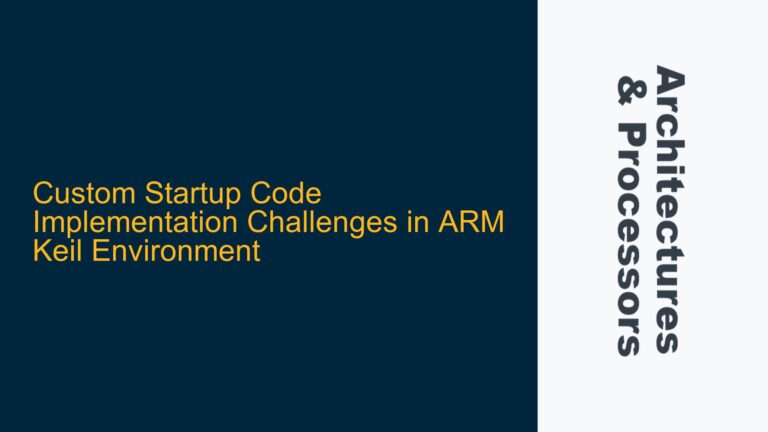ARM Cortex-M CMSIS Framework and Its Role in Embedded Systems
The ARM Cortex Microcontroller Software Interface Standard (CMSIS) is a vendor-independent hardware abstraction layer for microcontrollers based on ARM Cortex processors. CMSIS provides a standardized interface to processor features and peripherals, enabling consistent software development across different ARM-based devices. It includes core peripheral access, real-time operating system (RTOS) integration, and middleware components, making it a cornerstone of ARM ecosystem development. CMSIS simplifies the process of writing portable firmware by abstracting low-level hardware details, allowing developers to focus on application logic rather than device-specific implementations.
CMSIS is particularly valuable in ARM Cortex-M series processors, where it provides essential functionalities such as system initialization, interrupt handling, and peripheral driver interfaces. For example, CMSIS defines standardized APIs for accessing the Nested Vectored Interrupt Controller (NVIC), SysTick timer, and memory protection unit (MPU). This standardization ensures that developers can reuse code across different ARM Cortex-M devices, reducing development time and improving code maintainability.
However, CMSIS is inherently tied to ARM architectures and does not natively support 8-bit microcontrollers, which often use proprietary or vendor-specific architectures. This raises the question of whether there are analogous frameworks for 8-bit microcontrollers that provide similar levels of abstraction and standardization. While 8-bit microcontrollers lack the architectural uniformity of ARM Cortex processors, several platforms and libraries aim to simplify development for these devices.
Challenges in Porting CMSIS-Like Frameworks to 8-Bit Architectures
The absence of a CMSIS-like framework for 8-bit microcontrollers stems from several fundamental differences between ARM Cortex processors and 8-bit architectures. ARM Cortex processors are designed with a unified architecture and instruction set, enabling the creation of a standardized software interface like CMSIS. In contrast, 8-bit microcontrollers often use proprietary architectures with unique instruction sets, memory models, and peripheral implementations. This diversity makes it challenging to develop a universal abstraction layer comparable to CMSIS.
Another challenge is the limited resources of 8-bit microcontrollers. These devices typically have constrained memory, processing power, and peripheral capabilities compared to ARM Cortex processors. Implementing a comprehensive framework like CMSIS on an 8-bit microcontroller could consume a significant portion of the available resources, leaving little room for application code. As a result, developers often rely on vendor-specific libraries or lightweight frameworks tailored to the specific capabilities of 8-bit devices.
Additionally, the development ecosystem for 8-bit microcontrollers is highly fragmented. Different vendors provide their own toolchains, libraries, and development environments, making it difficult to establish a unified standard. While some vendors offer abstraction layers for their 8-bit microcontrollers, these solutions are typically limited to their own product lines and lack the cross-vendor compatibility that CMSIS provides for ARM devices.
Evaluating Alternatives: Vendor-Specific Libraries and Lightweight Frameworks
Given the challenges of porting CMSIS to 8-bit microcontrollers, developers often turn to vendor-specific libraries and lightweight frameworks to simplify development. These solutions provide varying levels of abstraction and functionality, depending on the target microcontroller and vendor. Below, we explore some of the most common alternatives and their applicability to 8-bit microcontroller development.
Microchip MPLAB Code Configurator (MCC)
Microchip’s MPLAB Code Configurator (MCC) is a graphical tool that generates initialization code and peripheral drivers for Microchip’s 8-bit and 16-bit microcontrollers. MCC abstracts low-level hardware details by providing a user-friendly interface for configuring peripherals such as timers, communication interfaces, and analog-to-digital converters. While MCC does not offer the same level of standardization as CMSIS, it simplifies development by automating the generation of boilerplate code and ensuring compatibility with Microchip’s microcontrollers.
Arduino Core Libraries
The Arduino platform, while primarily associated with hobbyist projects, provides a set of core libraries that abstract hardware details for a wide range of microcontrollers, including 8-bit devices like the ATmega328P. The Arduino core libraries offer standardized APIs for digital and analog I/O, communication protocols, and timing functions. These libraries enable developers to write portable code that can run on different Arduino-compatible boards with minimal modifications. However, the Arduino ecosystem is not as comprehensive as CMSIS and lacks support for advanced features like RTOS integration and middleware components.
STM8 Standard Peripheral Library (SPL)
STMicroelectronics provides the STM8 Standard Peripheral Library (SPL) for its 8-bit STM8 microcontrollers. The SPL offers a set of functions for configuring and controlling peripherals, similar to the CMSIS peripheral access layer. While the SPL is specific to STM8 devices, it provides a consistent interface for working with STM8 microcontrollers, reducing the learning curve for developers familiar with STM32 ARM Cortex processors. However, the SPL is not as feature-rich as CMSIS and does not support cross-vendor compatibility.
Lightweight Frameworks and HALs
Several lightweight frameworks and hardware abstraction layers (HALs) have been developed to address the resource constraints of 8-bit microcontrollers. These frameworks typically focus on specific functionalities, such as communication protocols or real-time task scheduling, rather than providing a comprehensive abstraction layer. Examples include the µC/OS-II RT
